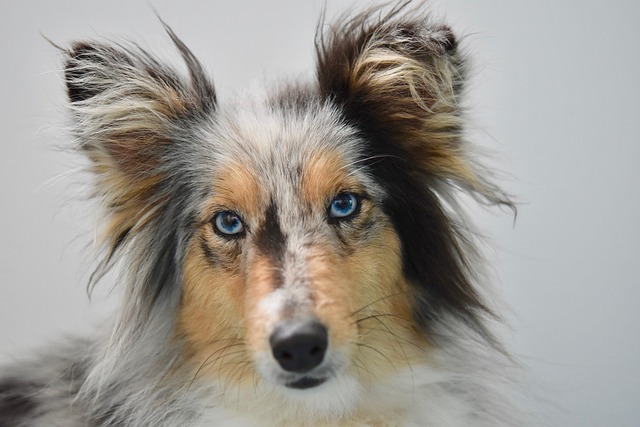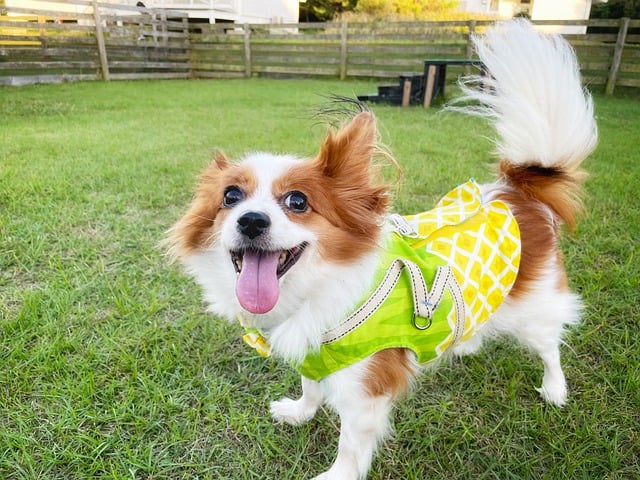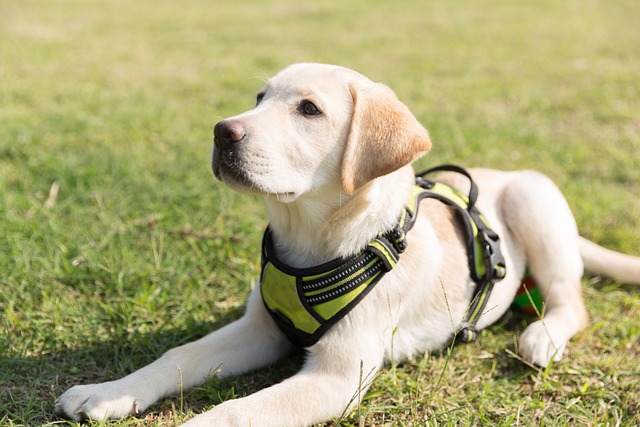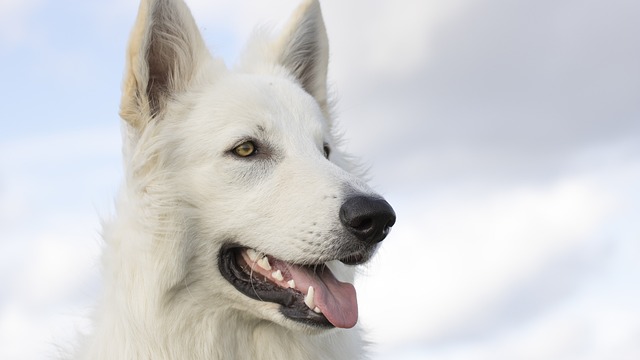
How to make constipated dogs defecate immediately
When we find that the dog frequently makes the defecation posture but fails every time, and it anxiously circles in place,
When a dog that has been with you day and night suddenly becomes listless, its tail that used to wag happily no longer wags, it only sniffs and turns away when eating, or even vomits and has diarrhea frequently, these abnormal behaviors often indicate that it may be suffering from gastrointestinal diseases. Every dog owner will feel endless heartache and worry when seeing their furry child in pain, and at this moment, scientific and warm treatment is the light of hope to help dogs get rid of their illness.
The dog's gastrointestinal system is like a sophisticated instrument. Any problem in any link may cause disease. From the cause of the disease, improper diet is the most common factor. Some owners feed their dogs too much human food out of love, especially those greasy, spicy, raw and cold foods, or suddenly change the brand and type of dog food, which may break the balance of the dog's stomach. Once an owner fed his dog a piece of cream cake, causing it to vomit and have diarrhea for several consecutive days, because the dog's stomach and intestines find it difficult to digest the lactose and high sugar content in the cream. In addition, bacterial and viral infections, parasitic invasions, and the side effects of certain drugs may also be the cause of gastrointestinal diseases. For example, parvovirus infection can not only seriously damage the dog's stomach and intestines, but may also endanger its life, making the owner suffer every minute and every second while anxiously waiting for the treatment results.
When facing dog gastrointestinal diseases, timely and accurate diagnosis is the key to effective treatment. Professional veterinarians will make a preliminary judgment on the condition by asking detailed questions about the dog's diet, defecation, mental state, etc., combined with a physical examination. Usually, laboratory tests such as blood routine and fecal examination are also performed to determine whether there are problems such as infection and parasites. During the examination, the dog may resist because of tension and discomfort. At this time, the owner's company and comfort are particularly important. Gently stroking its head and talking to it gently can make the dog feel safe and cooperate better with the examination. Just like children need the comfort of their parents when they are sick and go to the doctor, dogs also need emotional support from their owners.
 The methods of treating dog gastrointestinal diseases vary depending on the condition. For mild indigestion, adjusting the diet is the first step. Temporarily stop feeding ordinary dog food and replace it with easily digestible food, such as warm millet porridge and chicken porridge. These light and nutritious foods can not only reduce the burden on the stomach and intestines, but also replenish energy for dogs. At the same time, you can add an appropriate amount of probiotics to the food to help regulate the balance of intestinal flora. Probiotics are like the guardian of the stomach and intestines, which can effectively improve the digestive function of dogs. In this process, the owner needs to patiently observe the dog's eating and defecation, watching it recover its appetite little by little. Every normal defecation is like good news, which gradually puts the owner's hanging heart down.
The methods of treating dog gastrointestinal diseases vary depending on the condition. For mild indigestion, adjusting the diet is the first step. Temporarily stop feeding ordinary dog food and replace it with easily digestible food, such as warm millet porridge and chicken porridge. These light and nutritious foods can not only reduce the burden on the stomach and intestines, but also replenish energy for dogs. At the same time, you can add an appropriate amount of probiotics to the food to help regulate the balance of intestinal flora. Probiotics are like the guardian of the stomach and intestines, which can effectively improve the digestive function of dogs. In this process, the owner needs to patiently observe the dog's eating and defecation, watching it recover its appetite little by little. Every normal defecation is like good news, which gradually puts the owner's hanging heart down.
If it is a gastrointestinal disease caused by bacterial or viral infection, drug treatment is often required. The use of antibiotics and antiviral drugs must strictly follow the guidance of veterinarians, and the dosage cannot be increased or decreased or stopped at will. When feeding dogs with medicine, you may encounter many difficulties, and they may resist and spit out the medicine. The owner can mix the medicine into a small amount of delicious canned food, or use the correct way to feed the medicine, gently lift the dog's head, and deliver the medicine from the corner of the mouth. Although this process is cumbersome, every detail cannot be ignored for the dog to recover soon. For parasitic infections, anthelmintics are essential, and regular anthelmintics are also an important measure to prevent gastrointestinal diseases, just like building a protective wall for the dog's stomach.
During the treatment and recovery period of dogs, nursing work is essential. Keep the dog's living environment clean and hygienic, change bedding regularly to avoid bacterial growth. At the same time, pay attention to keeping the dog warm, especially the abdomen, to prevent cold and aggravate the condition. Some dogs become clingy after being sick, and always want their owners to be with them. At this time, the owner might as well take some more time to accompany it quietly, touch it, and give it emotional comfort. This kind of companionship not only makes the dog feel at ease, but also helps its body recover, just like warm sunshine, which can dispel the haze brought by illness.
Treating dog gastrointestinal diseases is not only a fight against the disease, but also a manifestation of the owner's deep love for the dog. Every careful observation and every patient care are full of the owner's expectations for the dog's health. When you see the dog regain its vitality, run happily on the grass, and wag its tail and pounce on you, all the efforts become worthwhile. Prevention is better than cure. In the days to come, owners must take better care of their dogs' gastrointestinal health, provide a reasonable diet, regular physical examinations, and scientific maintenance to make this precious companionship last longer and allow the dog to always be by their side healthy and happy.

When we find that the dog frequently makes the defecation posture but fails every time, and it anxiously circles in place,

When you notice that your usually lively and bright-eyed dog's eyes start to turn red, shed tears frequently, and even squint and resist your touch, your heart will clench with worry. This might mean that the dog has keratitis.

When we see a dog straining hard while defecating, its little face turning red, but still unable to defecate smoothly, and the once lively dog becoming listless,

When your furry child at home suffers from colitis, watching him languish due to abdominal pain and diarrhea, the owner's heart will be in a knot.

When a dog that is usually lively and active suddenly becomes listless, with a bulging abdomen and even vomiting frequently, the distressing appearance makes every owner anxious.

When a pet dog has a fungal infection, the owner is often extremely anxious and eager to know how long it will take for the dog to recover. This is not only related to the dog's health but also tugs at the owner's heart.